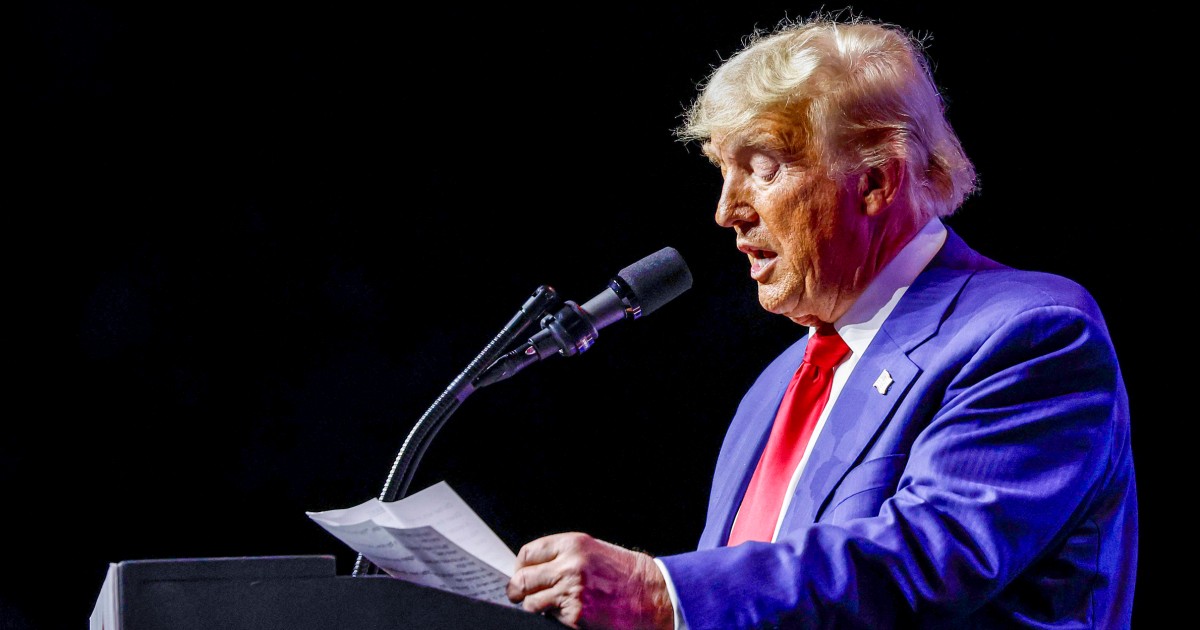



In the 2024 election, President-elect Donald Trump achieved historic support from Nevada's Asian American and Pacific Islander (AAPI) community, nearly doubling his vote share from 2020. This shift was significant enough to flip Nevada red for the first time in 20 years, as Trump ran against Vice President Kamala Harris. According to recent data, 64% of AAPI voters supported Trump, compared to 61% for Biden in 2020. This marked a notable change in the political landscape, particularly as the AAPI population in Nevada grew from 2.7 million in 2010 to almost 3.2 million. [42405a05]
Economic concerns and immigration were pivotal issues for these voters. Many Filipino Americans, who represent the largest and fastest-growing AAPI segment in the U.S., expressed resentment towards illegal immigration, which influenced their voting preferences. Experts noted a growing dissatisfaction with the Democratic positions on the economy, crime, and education, which may have contributed to Trump's appeal. His campaign focused on themes of economic empowerment and law-and-order, resonating with many in the AAPI community. [42405a05]
Trump's rally in Las Vegas, part of the 'Unite for Change' event, featured prominent figures like Tulsi Gabbard, who shared her immigrant background and discussed policies that align with the concerns of AAPI voters. The rally was designed to engage this demographic directly, emphasizing Trump's commitment to addressing their specific needs. [0131bfad]
Conversely, Vice President Kamala Harris has seen a decline in support among Asian American voters, with recent polling indicating that only 28% of Asian Americans plan to vote for her. This is a stark contrast to the 66% who favor her over Trump, reflecting a significant shift in voter sentiment since earlier this year. [66a9e954]
As both candidates intensify their efforts in battleground states like Nevada, the outcome of the election may hinge on the participation of Asian Americans and other minority groups. With Asian American eligible voters having grown by 15% in the past four years, they are expected to represent 6% of the U.S. electorate, making their support crucial for both candidates. [66a9e954][651a1773]